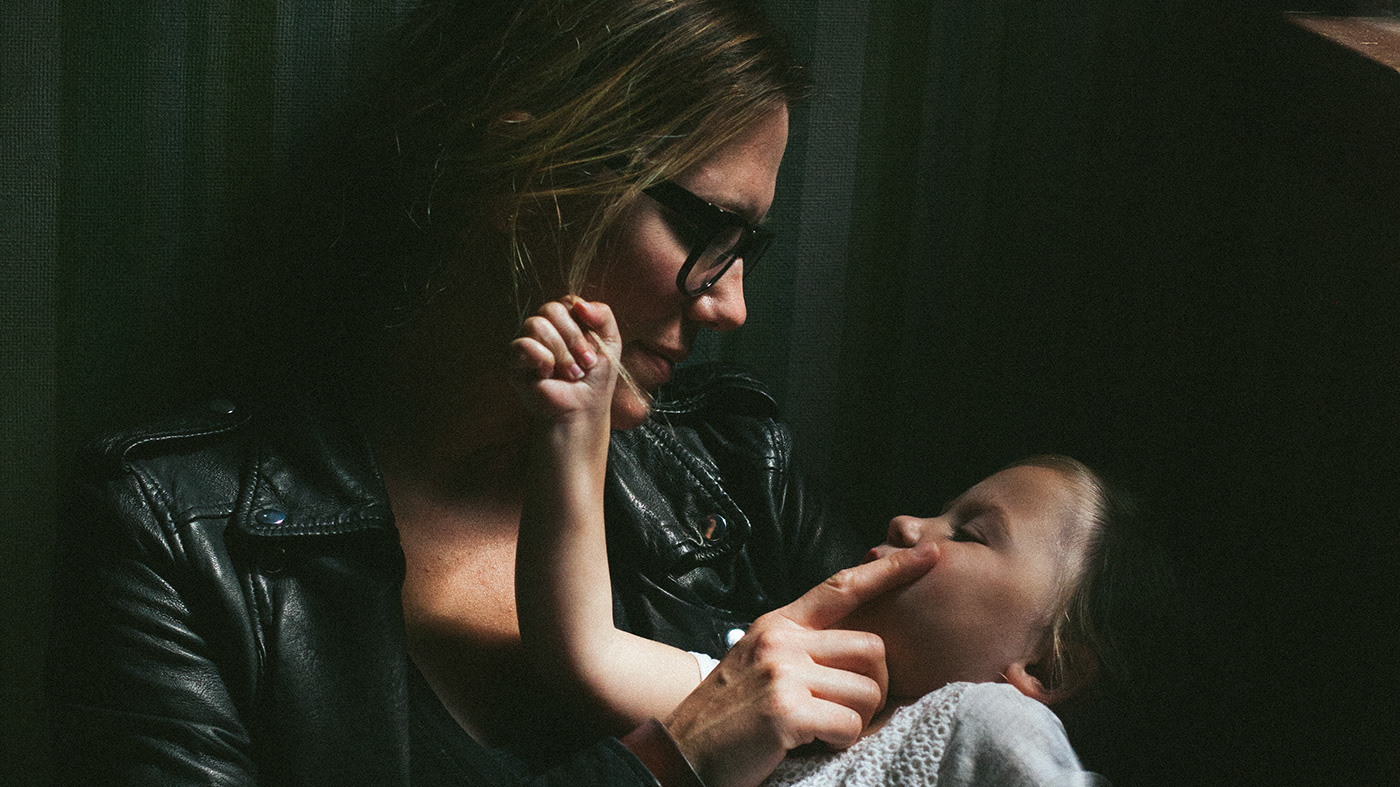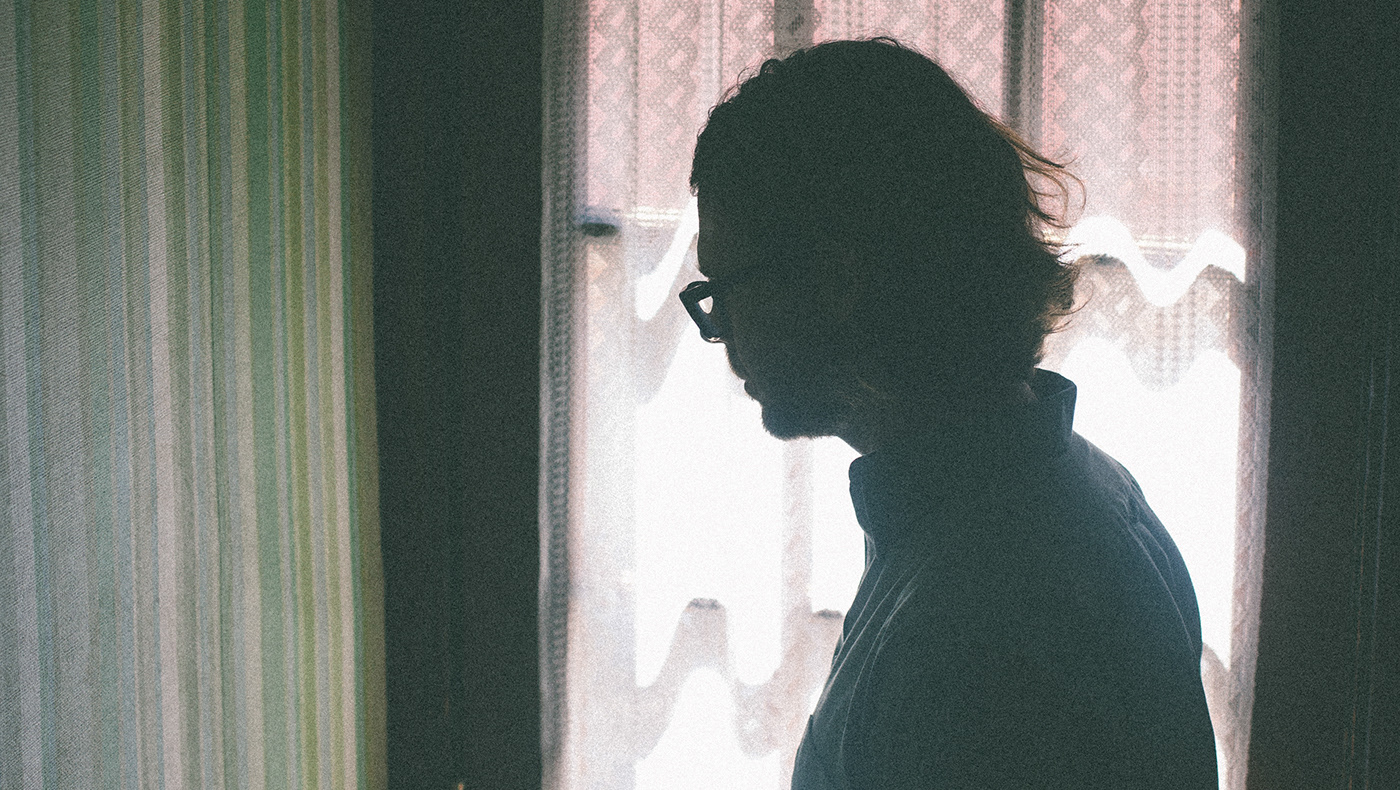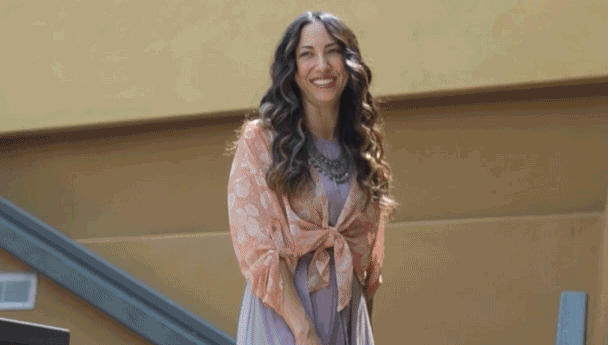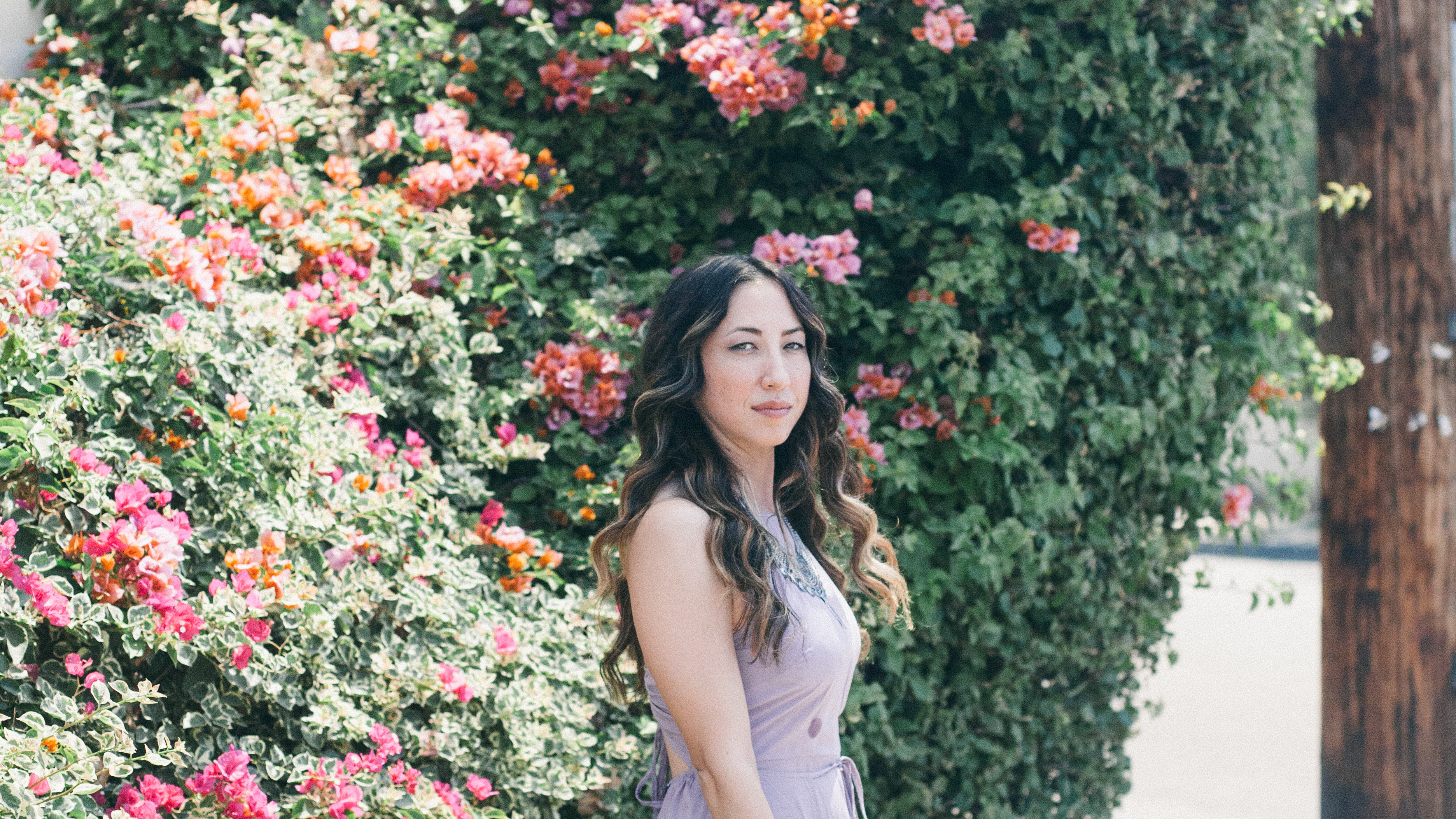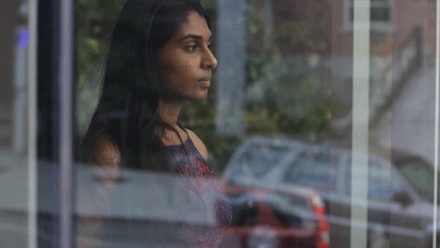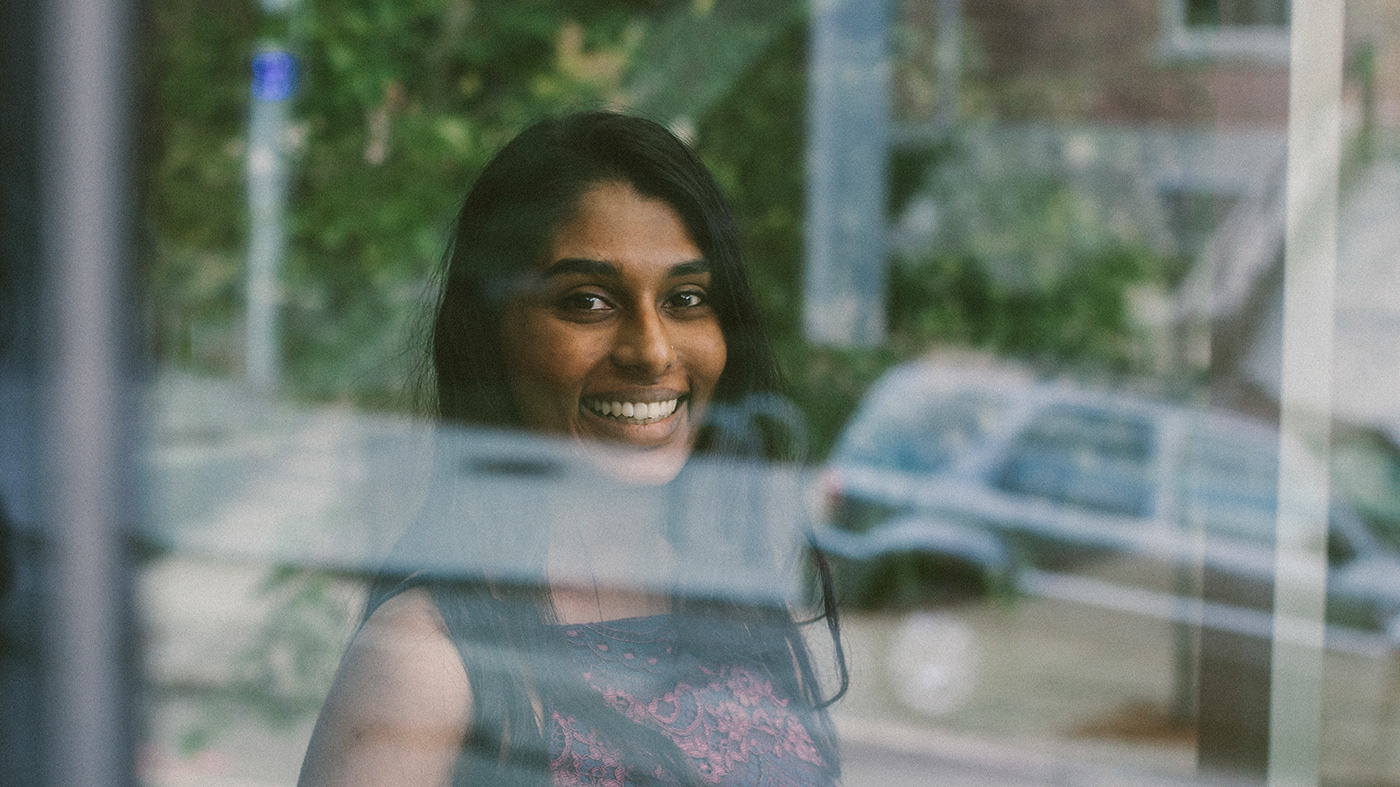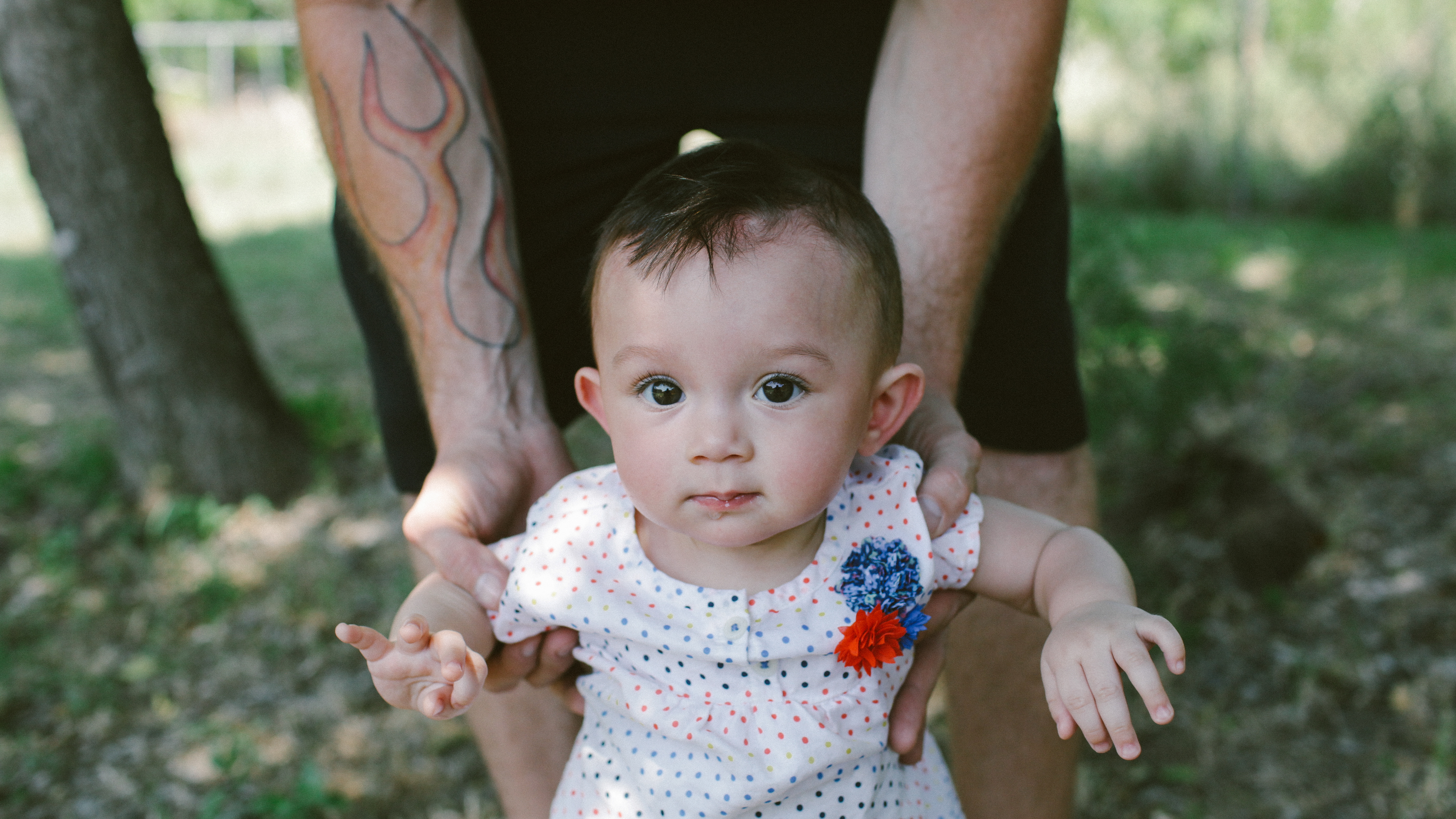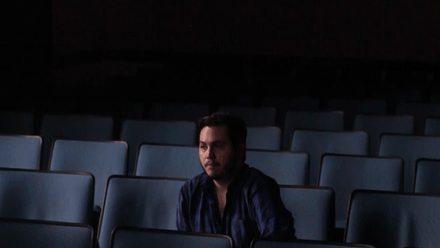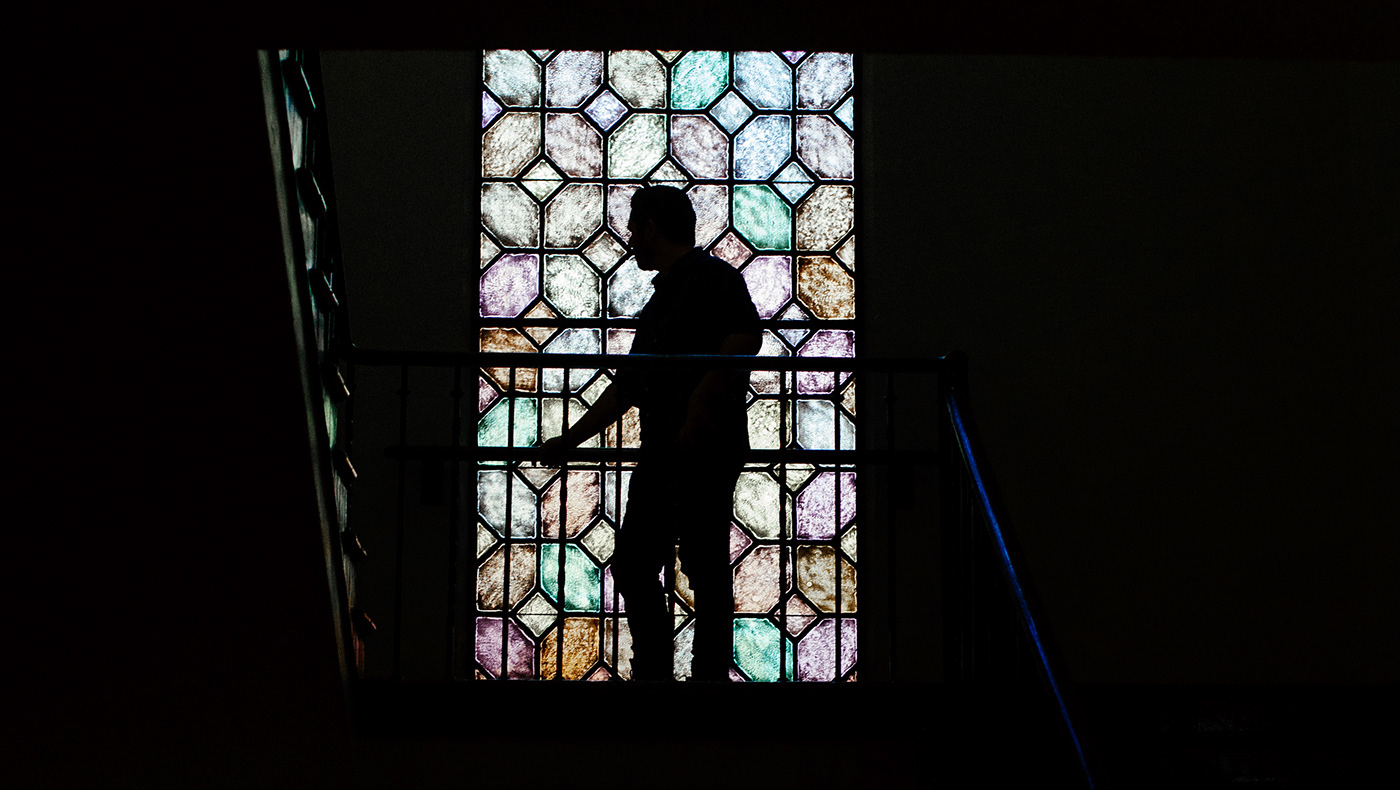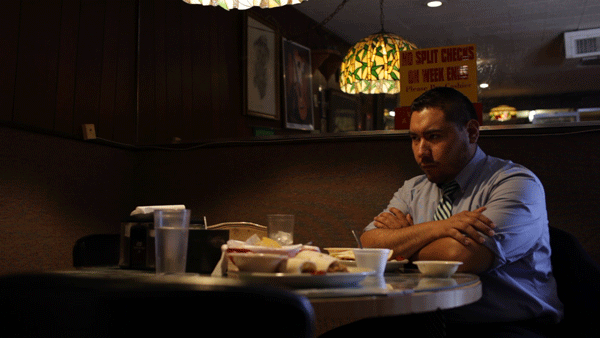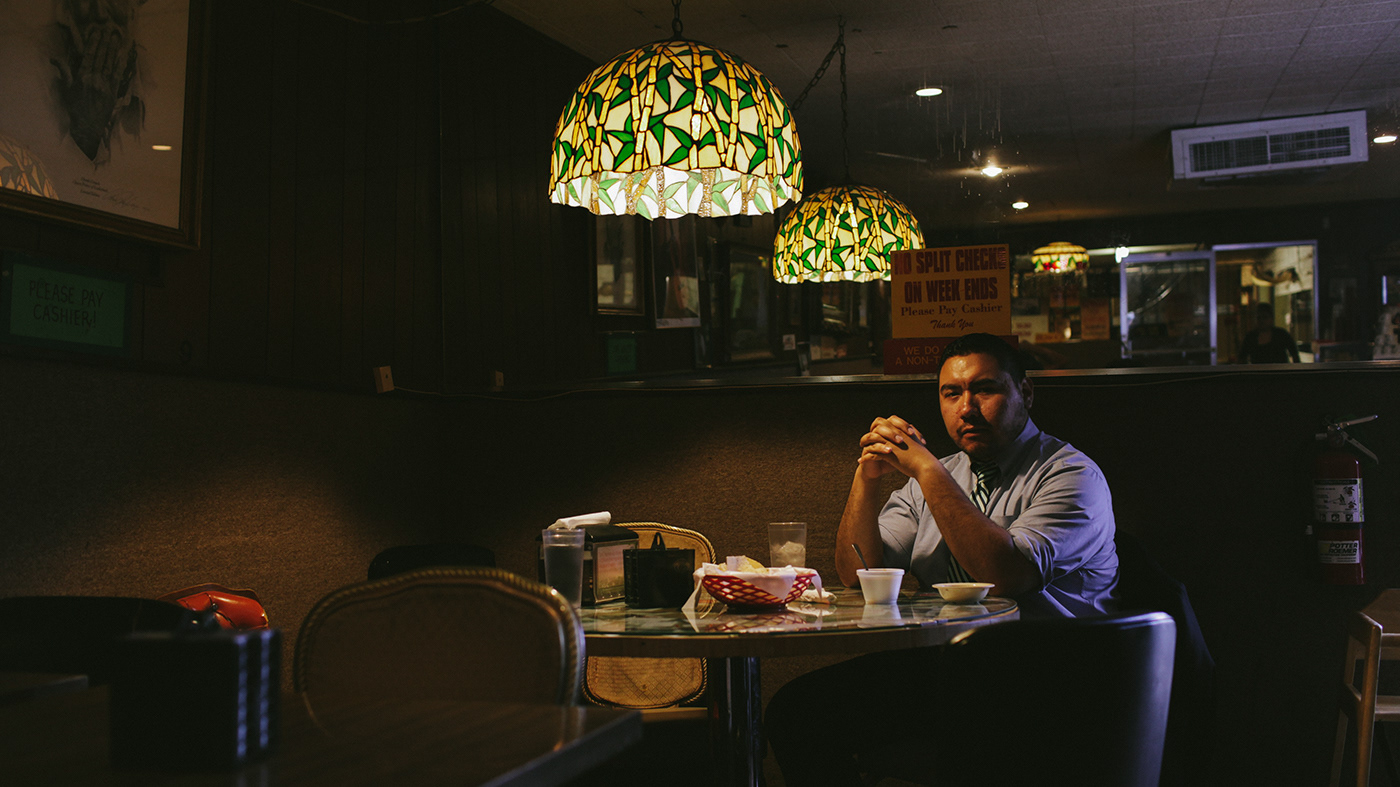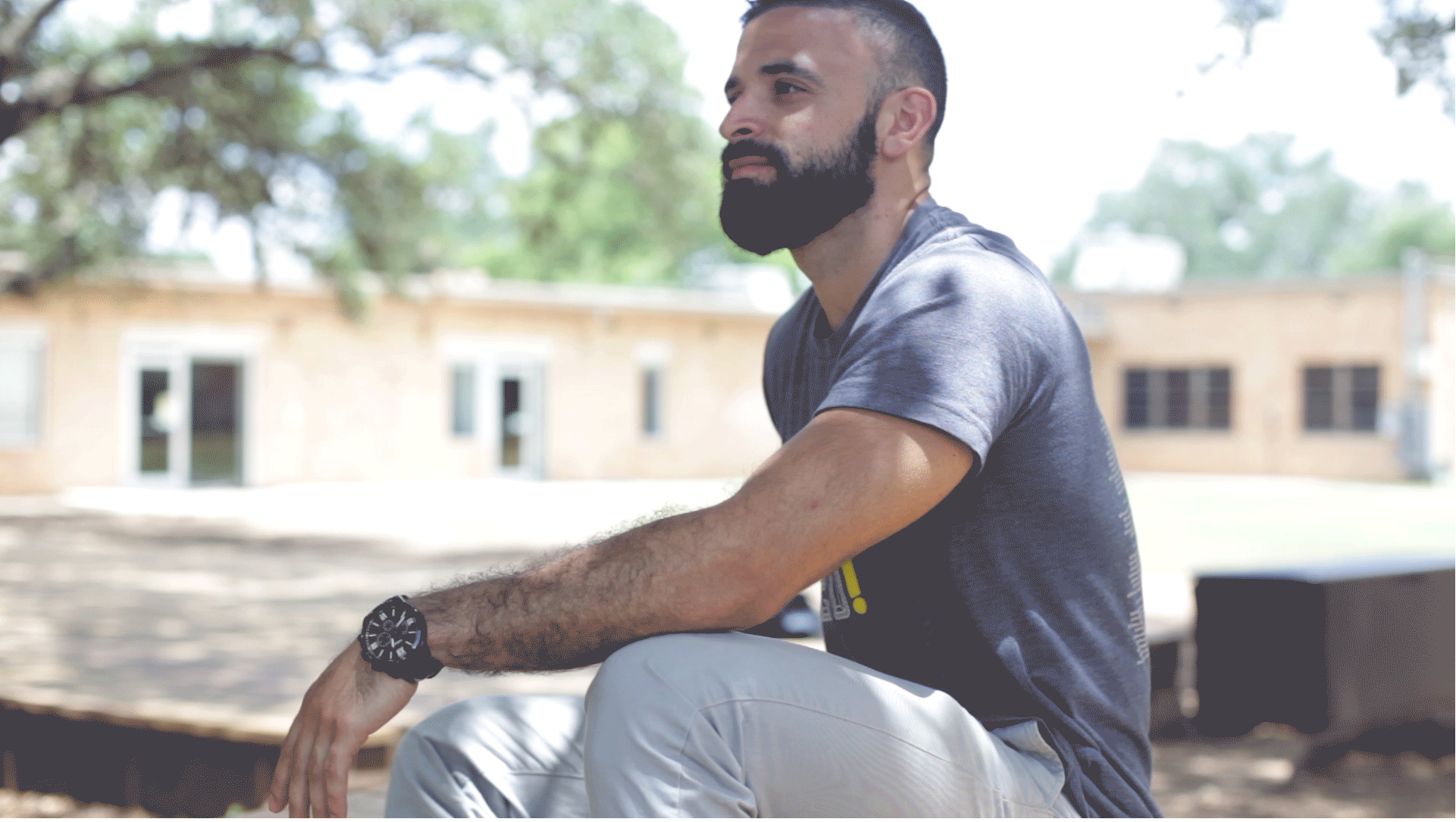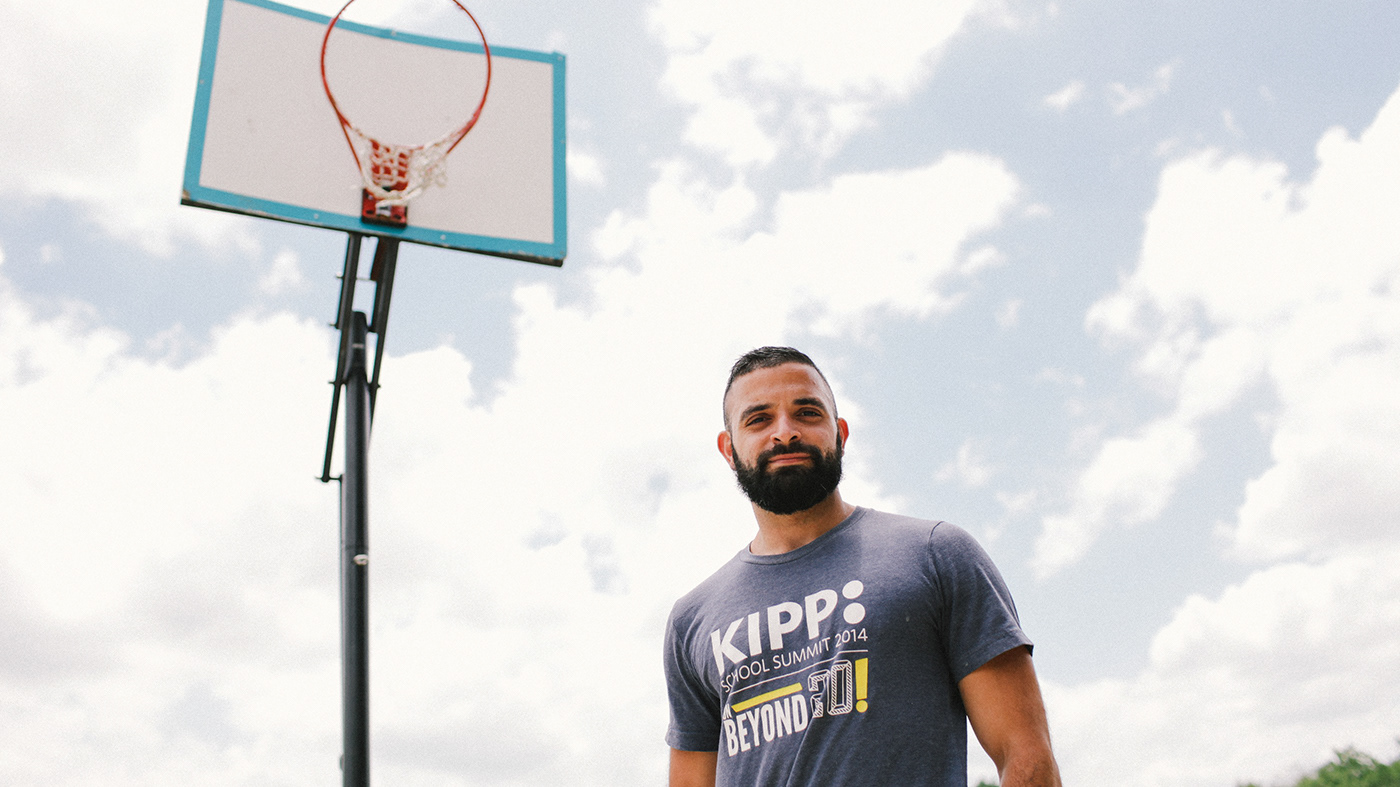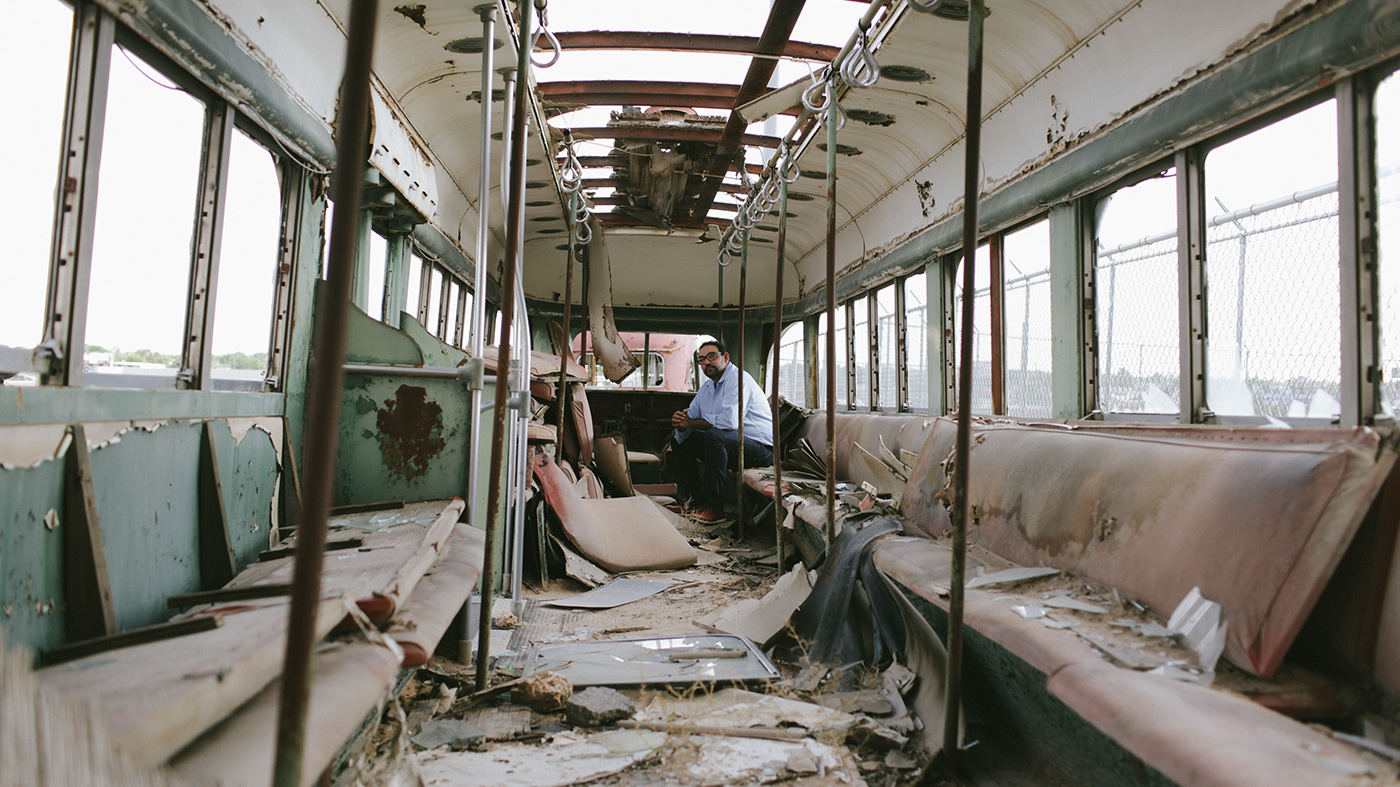educator / san antonian / mexican-american
The reverence of an empty school is nothing new to me. The walls lined with cleaning supplies, the rooms frigid from the lack of kinetic energy only children can provide. It has a sense of sacredness for me, a solitude mixed with excitement that I would feel every year as I would help my mom prepare her classroom for the new year and say goodbye to my summer in the process. Walking into Carroll Early Childhood Center was no different.


"No one chooses to be poor. No one chooses to have to live like this. It's not always a choice."

On San Antonio
"It's a small town but with the advantages of a big city. It's very family oriented, it's laid back. When you go to other places in the north, you can you can really tell Texan friendliness. And I think in San Antonio, it's even prevalent. Everyone says hello and everyone's very open and it has a lot of the flavor obviously from the influences of Mexico and Spain."
On how moving impacts identity
"I think one of the feelings that people who move around a lot or who been immigrants have is that we don't truly belong. We're like in a limbo.
I don't think I'm truly from Mexico and I don't think I'm truly from the US. It's this hybrid combination of the identity. You take just pieces of everywhere you've lived and you make this puzzle of yourself, this unique combination."
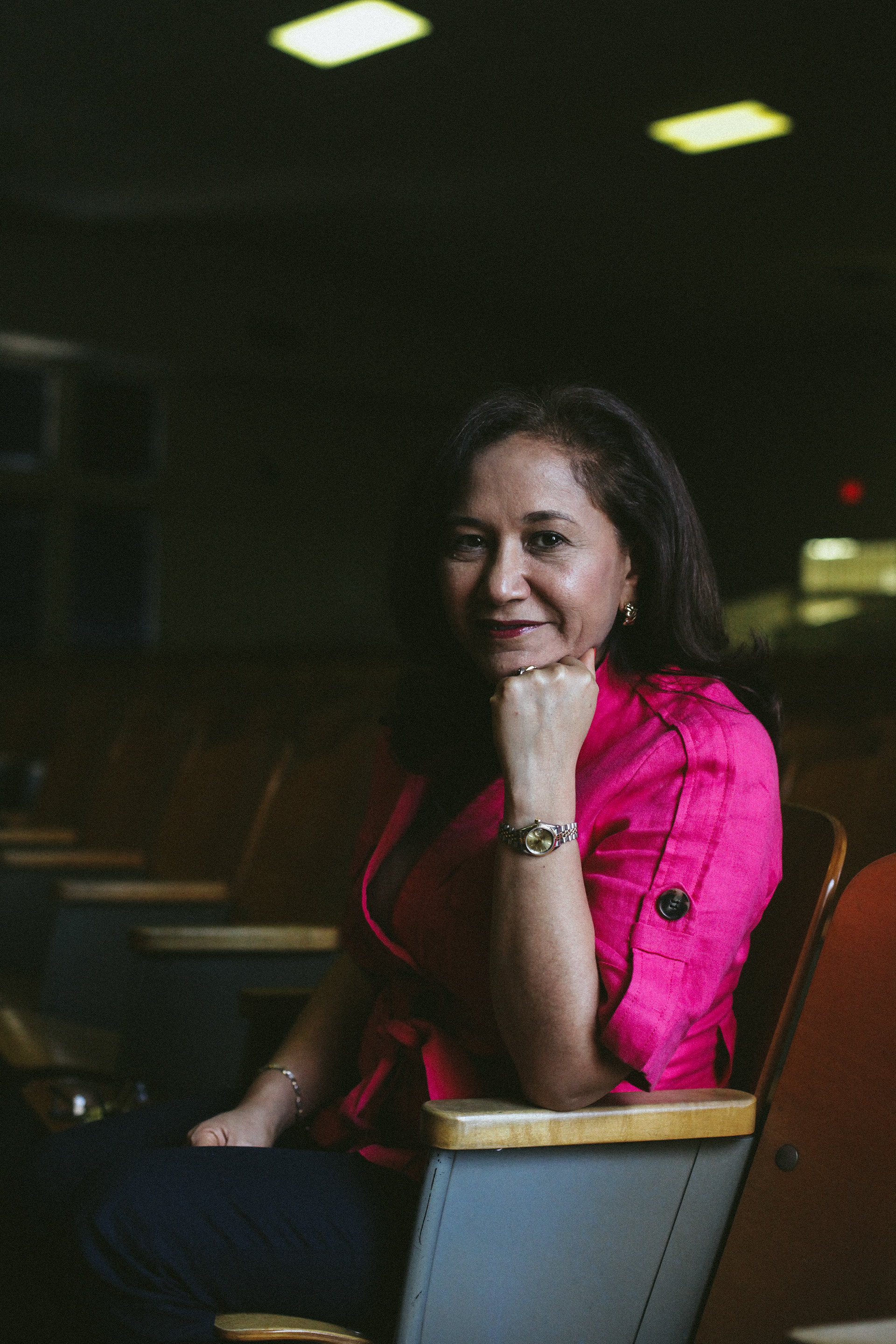
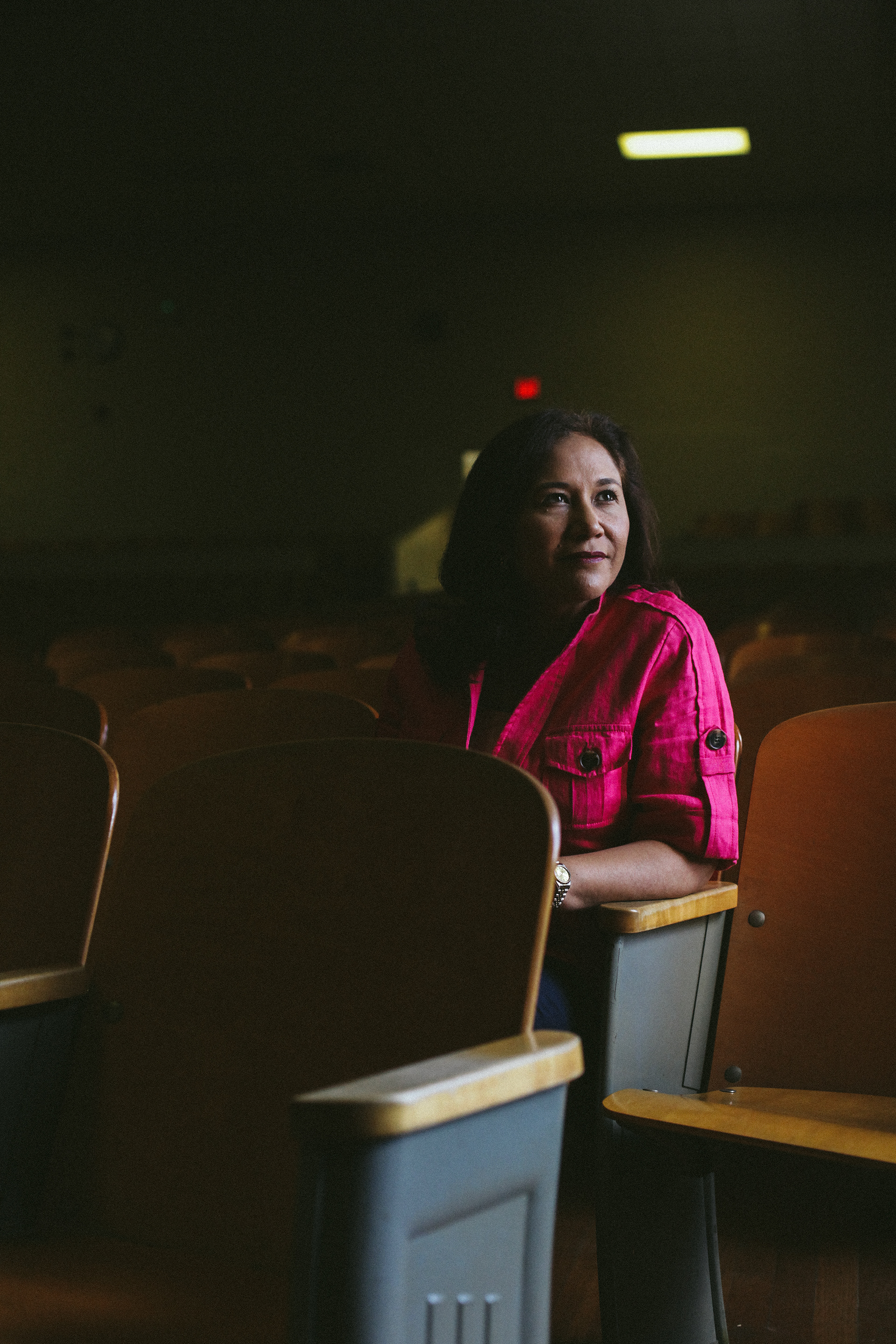

On education
This school, in particular, is a Head Start Center. It's made for the children of the under-served. So for Head Start you have to qualify to receive services. You have to be below the poverty line, an English language learner, in the military or you have a disability. So you know the children are faced with a lot of challenges coming in, whether it's parents that have to work two jobs to survive or they can't find a job at all. They come close to maybe drugs and lots of stress in their life at an early age.
This morning actually I was having this conversation with my daughter who doesn't live on the east side and she was making a comment about the schools on the east side. And I got so upset that my mom had to calm down.
I was telling her, "you know no one chooses to be poor. No one chooses to have to live like this. And it's not always by choice." There are so many underlying situations in society that get reproduced.
She just got into UT [Austin]. I told her, "I'm so happy you got in because they're going to change your mind. They're going to make you understand why you can't just throw out a phrase like that."
There's so much more to what goes on in society. And it's not just what's on the surface. We have to have those conversations about the role of school sometimes. Are we the institution that reproduces the same situations? If we don't speak out and if we don't speak up and if we don't say hey we're not going to accept that, then things are not going to change."
On the challenges of the east side
"So the east side has always had challenges. There is a bit of crime, some situations with drugs and it's predominantly minorities.
I mean minorities not for San Antonio, persay, but in general minority. It's predominantly Latino and African-American.
Our kiddos are faced with parents who might be incarcerated. I mean I could write a book about every situation, every story, every everything. I drive about 40 minutes to work and you would say well isn't it easier to get a job closer to home? But, this is important. It makes sense. It makes me want to get up and come to work and believe that I am, as cliche as it sounds, changing a little bit of the world in my work."
From Mexico City, Mexico
Lives in San Antonio, TX
